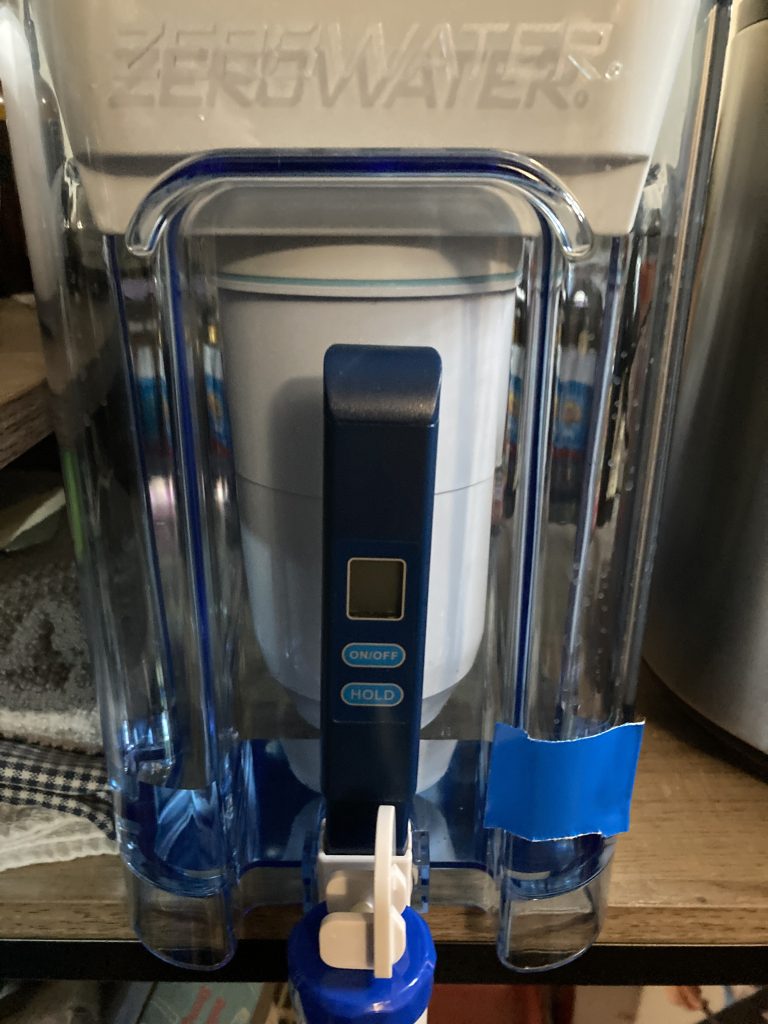Not a surprise. The embassy evacuations yesterday, that had to be done by the evening local time, were a sign. It may be hours or even a day or two before a lot of reports can be confirmed, but there are some things that are clear even now.
First, clearly a decapitation/regime change strike. The U.S. seems to be focused on infrastructure and some logistics, while Israel is taking out the rest. No surprise, and a good use of resources as (and I’ve noted this before) Israel has an almost frightening degree of penetration within Iran. When you can plant bombs in light fixtures months or longer in advance, set up robotic machine gun arrays, and more, you do indeed own your target.
That seems to be getting put to very good use in this attack. One of the firmer rumors out there is that the attack commenced once the senior leadership of the mad mullah regime were gathered together for a meeting. Much like the start of the 12-day war. Except, this time, it wasn’t military and nuclear leadership, it was the full top leadership including the ayatollah his own self. Seems that once that was confirmed, boomity.
Despite that, I’m taking reports of various eliminations with a grain of salt simply because one should. An operational rule for such things is never accept the initial reports, and even with some confirmation plan and continue as if the strike failed. If nothing else, you take out the secondaries and even tertiaries along with leadership that could fill any vacuum. Fact is, pretty much the entire membership of the IRGC will have to be taken out for any regime change to succeed. For those on X and wanting to keep up with the latest, here is a link to my Intel list.
I am wondering if, once again, Israel has blown open the doors to Evin prison. I certainly hope so. Both the U.S. and Israel have sent the message to the Iranian people that it is up to them. The Pahlavi team has as well. Video coming out of Iran has shown people literally dancing in the street in celebration. All good signs, but I also hope to see some concrete actions starting soon once the initial strikes are over. That will tell the tale.
It should also be noted that Iran has probably sealed its fate no matter what. By attacking all its neighbors with a strike, it turned neutrals and potential neutrals into enemies. Worst miscalculation: Saudi Arabia. The attack on them broke cultural and other norms, and has brought the Saudis into a full state of war against Iran. If things don’t move fast enough inside Iran, don’t be surprised if the neighbors don’t act. Side thought, this is also going to do more to strengthen the Abraham Accords than almost anything else could have done.
There is also a lot of truth to the discussions that October 7th was the worst military blunder in history. Most are putting the blame on Hamass, but the operation was approved and encouraged by Iran. It was a gamble, and if Hezballess had joined in as apparently planned, it could have put Israel on ropes. Or worse even. Instead, for a day of horrific rape and murder, Hamass, Hezballess, and other Iranian proxies are a shadow of their former selves militarily (sadly, politically still viable thanks to enablers and supporters among the progressives in the West). Now, the head of the serpent may well have been cut off. If Iran does get freedom, expect to see a number of open and covert proxies develop problems.
Along that line, if you have not read Kurt Schlichter’s book The Attack do so quickly. Today is not a day for sandstone, but a time to go red and put your head on a swivel. Of the millions who came over the border under Biden (and even before), a number of IRGC members or operatives are believed to have been among them. They might not be happy at regime change, and they may have received orders (or had standing orders) in that regard. Be prepared.
Not going to say much, but while I suspect some of that threat has been neutralized, I wouldn’t bet on it. I’ve seen it apparently happen once before, many years ago, but one should never count on a repeat. Be prepared.
More soon. I truly hope the people of Iran take this opportunity to reclaim their country. I hope they make good choices and decisions, and embrace freedom. The world will be much better off if they do so. That said, it is up to them. This is their moment, pray they rise up to it.
Meantime, keep your eye on Pakistan-Afghanistan. This in many ways has the potential to be more serious and have even larger consequences on the world than Iran. Right now, about every jihadist group in the world is siding with the Taliban. This includes certain families and groups such as the Haqqani. On the positive side, Pakistan has the chance to do the world a huge favor if it eliminates those groups/networks/etc. They have already taken out a Taliban general it seems.
The downside to this conflict is the tribal nature of the region. If enough tribes/families turn, there is a potential for Pakistan to either fall, or fall into internal turmoil that is not good in a nuclear nation. The last thing anyone should want is nuclear weapons or materials falling into the hands of the jihadis.
It is not a simple situation with simplistic solutions or ideals. Approaching it as simplistic is a potential invitation to disaster. If anyone tells you it is simplistic and X must be done, especially a politician, shun them and their proposal. It is easy to say ‘we should support Pakistan’ but you also need to recognize that tribal loyalties matter more — even within the Pakistani government — than most in the West can grasp. Personally, I hope Pakistan ends up eliminating a number of threats to the West and the world. However, my support is selective as I don’t want to see certain factions (tribes) gain sway on the ground or in the government. For all that Iran can still hurt us, having nukes in the wrong hands could be much, much worse.
Right now, all we can do is wait and watch. I expect the mad mullahs and their ilk to try their best to take everyone down with them. Keep in mind, they want such as a means to get the hidden imam to return. Also, they are just that type of people and they will do everything they can to get as many civilians and others killed. They are also going to double down on lies and more, and are likely to try to get as many proxies or remote teams to take action as possible.
Which means the next few weeks are going to be a time to be on watch and be prepared. It is always good to use and exercise your rights, but the next few weeks will be a crystal clear time to do so. Be prepared to walk fast at need, and to maintain situational awareness. Be Prepared.
One more thing: you are going to hear a lot of politicians and other supporters of the Iranian government screaming about the attack being illegal. It’s not. The courts have ruled on this even. Generally, the President can act unilaterally though he should brief Congress within 48 hours, and Congress has to approve if action goes for more than 60 days. Please don’t fall for the lies.
More later perhaps. Still recovering from yesterday morning, so likely taking as much of the day off as possible.
Getting hit by lightning is not fun! If you would like to help me in my recovery efforts, and to start a truly new life, feel free to hit the fundraiser at A New Life on GiveSendGo, use the options in the Tip Jar in the upper right, or drop me a line to discuss other methods. If you want to know some of what it is going for, read here. There is also the Amazon Wish List in the Bard’s Jar. It is thanks to your gifts and prayers that I am still going. Thank you.



